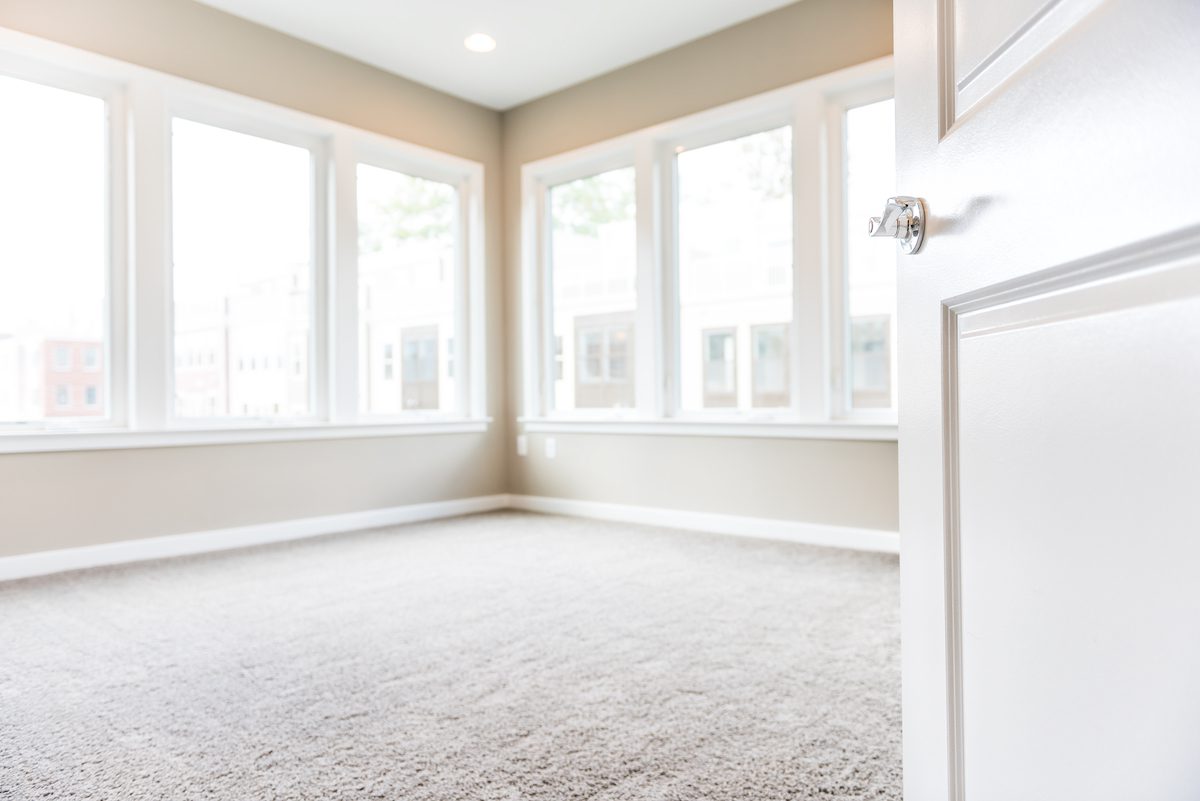Home Rental Prices Will Keep Increasing in 2022

Rent is most likely one of your biggest monthly bills. On average, renters spend about 30 percent of their total income on housing, and property owners typically raise rents each year. But over the past few years especially, home rental prices have been creeping up and renting a home is probably going to get even more expensive in 2022.
Since 2020, rent costs have increased more than 5 percent nationally, according to CoreLogic. The rent increases are mostly the result of today's hot real estate market — there are fewer homes available and homes are pricier than ever. Here's a look at why home rental prices will continue to increase next year.
1. High home prices make it tougher to become a homeowner
Buying a home is a major purchase, and it's gotten more and more expensive over the past couple of years. Average home prices nationwide reached $380,271 in August 2021, 16.2 percent higher than the year before, according to Redfin. That means fewer affordable homes are on the market, which prices people out of homeownership and drives them to keep renting.
While prices have risen, mortgage interest rates have fallen to record lows of less than 3 percent, something that's expected to continue in 2022. That's made investing in real estate more attractive, and many Americans have snapped up homes with the intention of renting them out.
In July 2021, individual investors or second home buyers bought 15 percent of the homes purchased, according to the National Association of Realtors. But, to cover their costs and increase the likelihood of a return on investment, property owners are putting a high price tag on their rental homes, leading to rent increases.
2. There are fewer homes available to purchase
Along with homes costing more these days, there are also fewer of them available. The number of homes for sale dropped 26.1 percent in August 2021 compared to 2020, according to Redfin. New listings are also down, and homes spend just over two weeks on the market before getting scooped up.
These conditions have heightened competition in the real estate market. Sellers are in the driver's seat, and buyers are engaging in bidding wars and offering thousands over the list price to stand out.
Low home inventory and a sellers' market are pricing out many buyers and keeping them in their rental homes for longer. It's also causing rent increases, as rental property owners who purchased their homes recently may need that rental income to cover their mortgage payments and other costs.
3. Rental properties are becoming scarce
While many rental property investors took the opportunity to purchase homes recently, many other existing property owners have struggled to make ends meet during the COVID-19 pandemic. Faced with tenants who couldn't pay rent and an eviction moratorium, one-third of single-family rental owners sold or planned to sell their properties, according to a September 2021 survey from the National Rental Home Council. Most owners who sold their homes recently sold to someone who's not planning to rent out the property.
So, there may be fewer rental properties — especially affordable ones — available going forward. NRHC suggests that the events of the past year likely reduced affordable housing options and the total supply of single-family rental homes. Rental homeowners who've held onto their properties likely plan rent increases and stricter tenant application requirements in the future.

4. Rental home vacancy rates are low
Renters who've found affordable homes that they love are staying put. And homes that are affordable and feature attractive amenities are rented quickly once they become available. That means there are fewer options out there these days. The national rental vacancy rate decreased 8.8 percent in the past year, according to iPropertyManagement.com. Low vacancy rates signal that supply is limited, and that tends to drive up demand and fuel rent increases.
Vacancy rates vary from market to market. Low vacancies tend to be common in the most desirable neighborhoods, and it's a positive sign for property owners, as they're able to increase rent. But, the more limited the rental housing supply becomes in an area, the less likely renters can find affordable places to call home.
5. Competition for rental homes is intensifying
The COVID-19 pandemic inspired many Americans to move in with family and friends, especially when it meant moving out of populous cities and into quieter suburban or rural areas. More than half of young adults, ages 18 to 29, were living with one or both of their parents in July 2020, higher than the previous peak during the Great Depression, according to the Pew Research Center.
But, as more people are getting vaccinated and pandemic restrictions are loosening, many of those living with family members are moving out and opting to get a place of their own. With fewer rental properties on the market and low vacancy rates, this trend is intensifying competition among renters and driving rent increases.
6. Searches for rental homes are going up

Renters flooding the market and looking for a home to rent are turning to online searches to find available (and affordable) properties. In fact, Google searches for “homes for rent" have increased over the past year, hitting peak popularity in the spring and summer. Searches for “homes for rent" with a specific location attached to it have jumped by as much as 50 percent to 100 percent. This is more evidence that the rental market is tightening and rent increases are likely to continue.
Searching online is an efficient way to find a rental home. It gives you the chance to locate homes as soon as they become available, find properties in your price range, determine whether it meets your needs before scheduling a viewing and act quickly. This process will help you get ahead of the competition.
Home rental prices on track to increase in 2022
High home prices, low inventory, fierce competition among tenants and the fallout from the pandemic are having major effects on home rental prices. For renters, that means finding a home to rent may take some time and rent increases will stick around for the rest of the year and into 2022.
